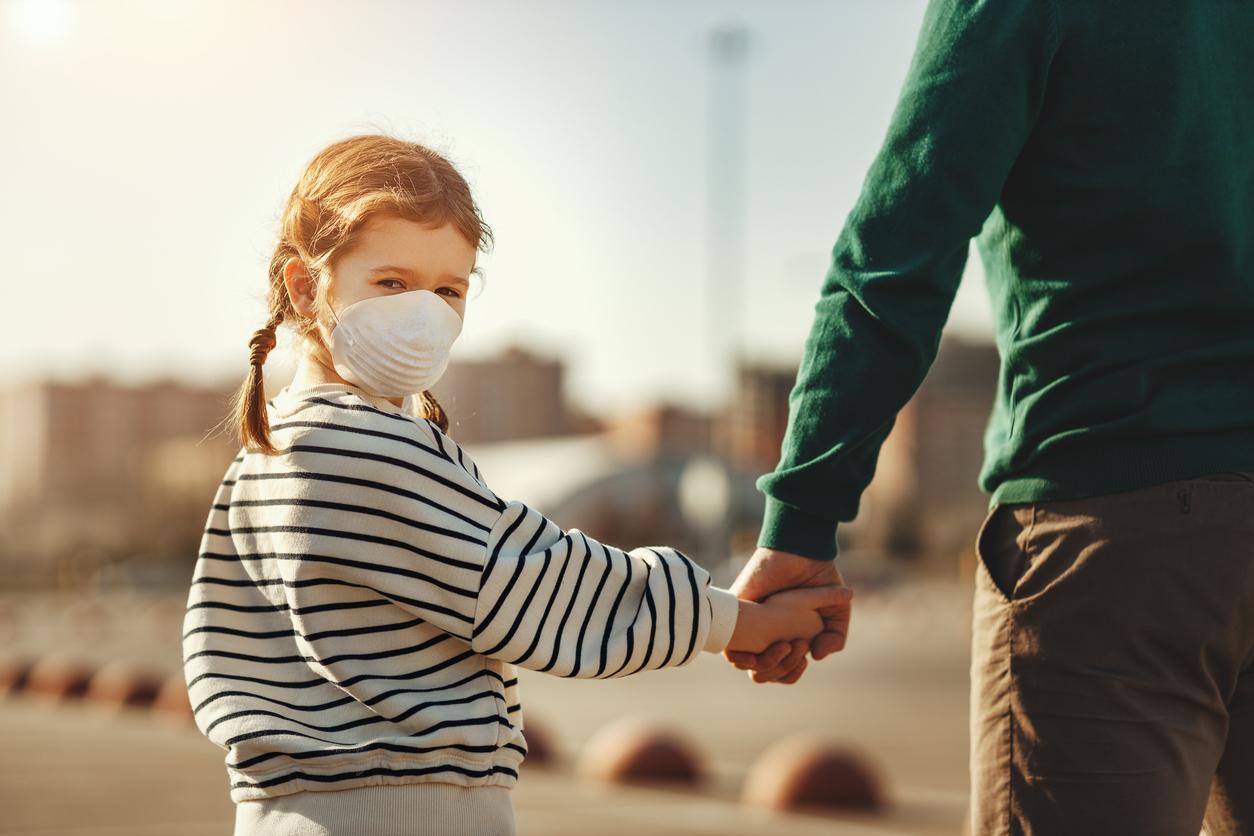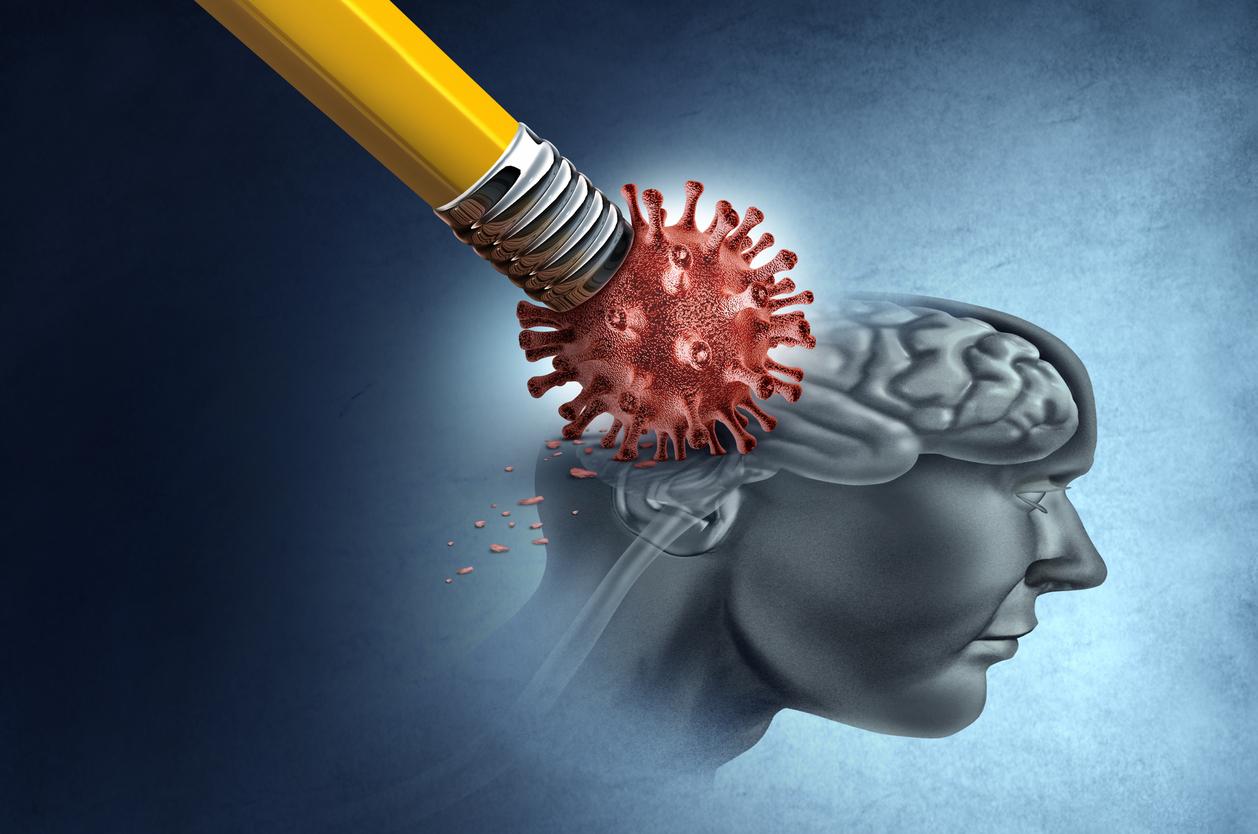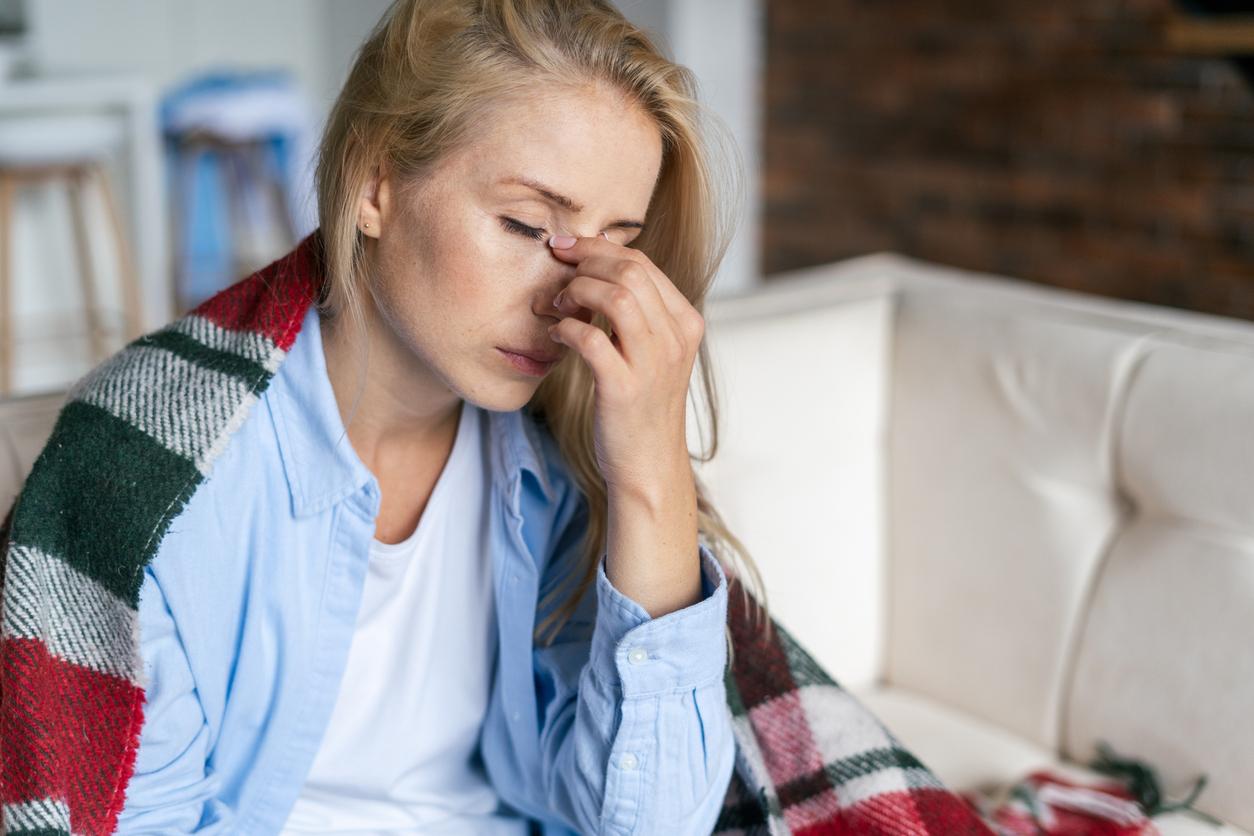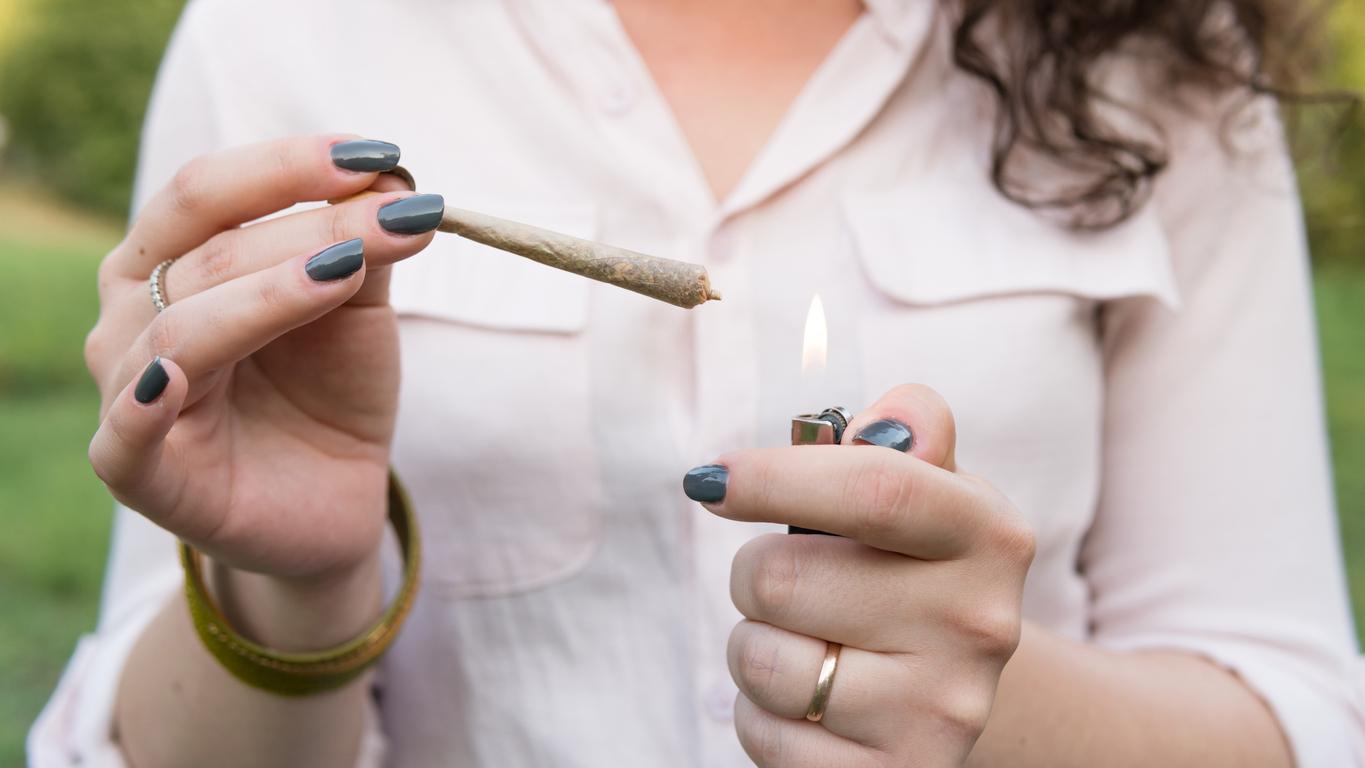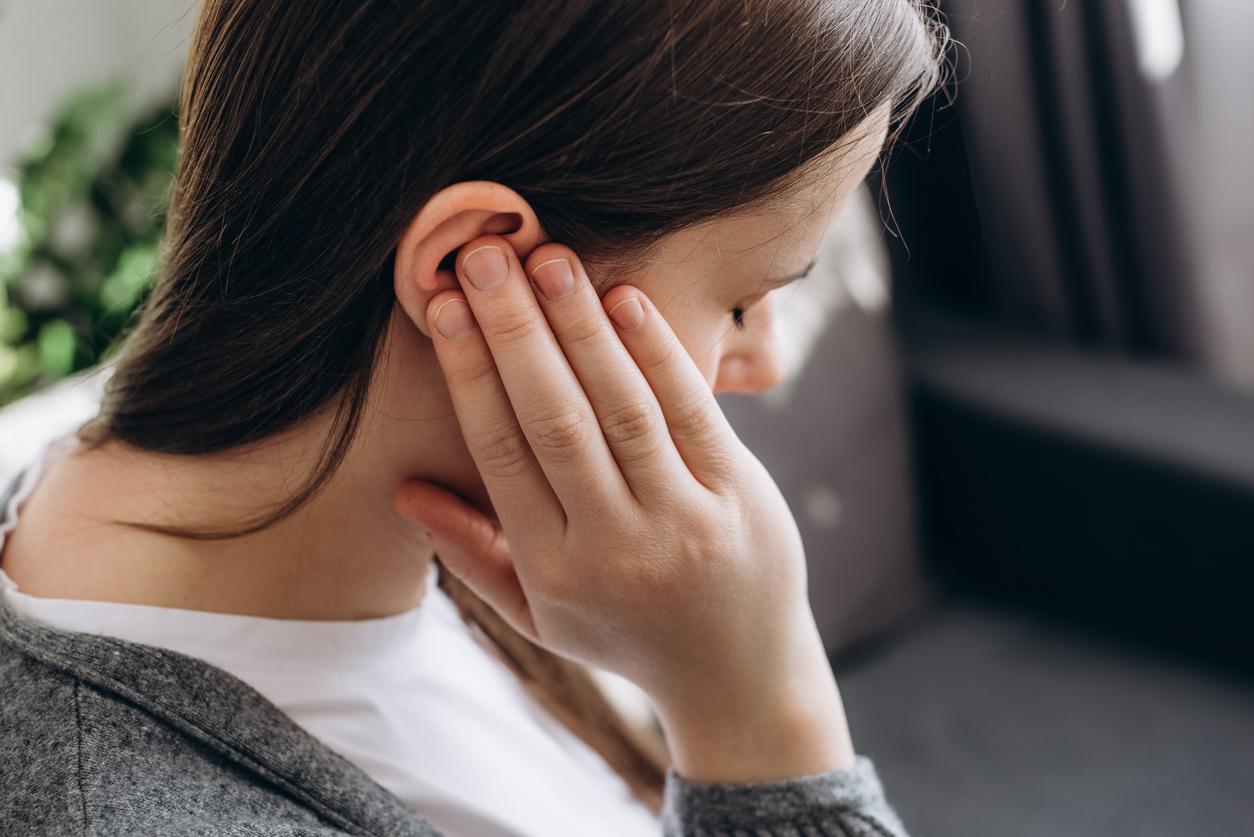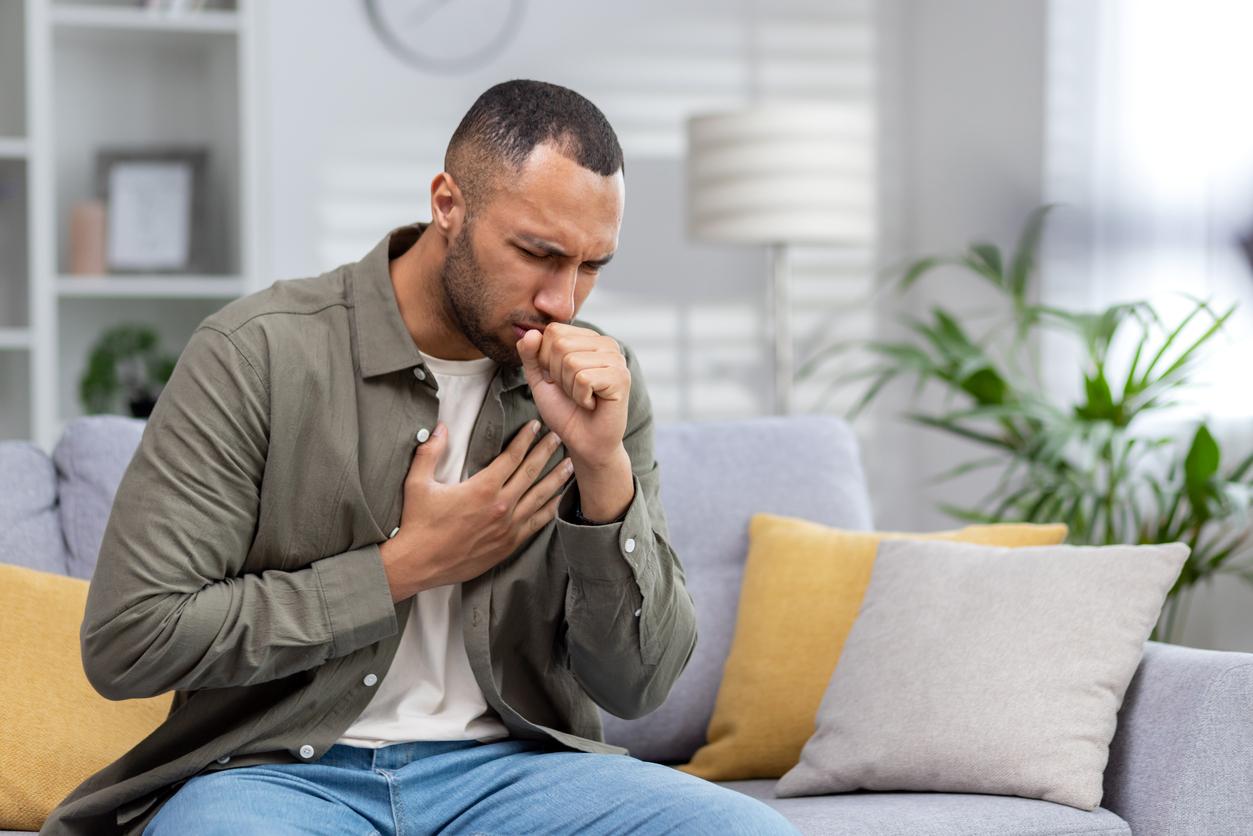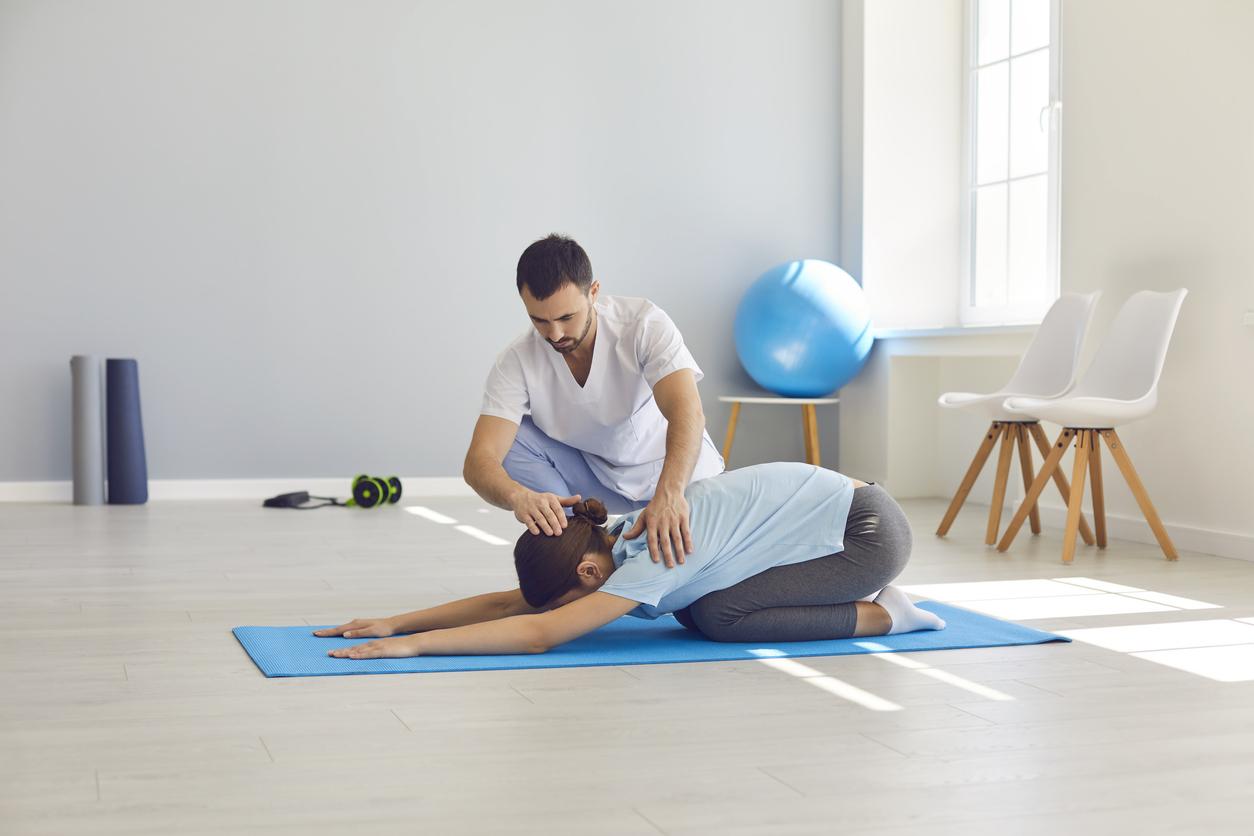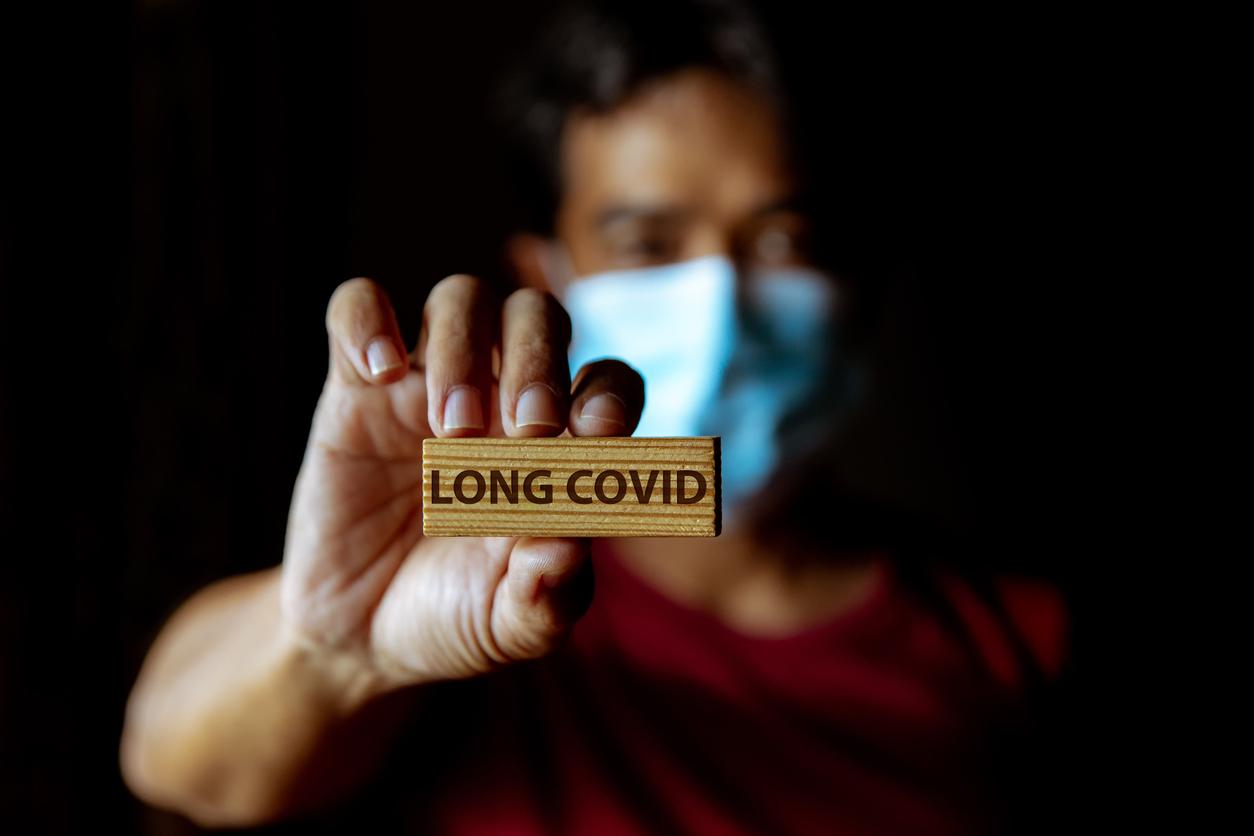Shortness of breath, cough, impaired sense of smell, fatigue, musculoskeletal pain… After a Covid-19 infection, some patients suffer medium and long-term after-effects. To date, there is no known cure. However, physiotherapy treatments can make a difference in recovering physically and mentally, according to Johann Banon, physiotherapist-osteopath at the Thermes de Saint-Gervais Mont Blanc.
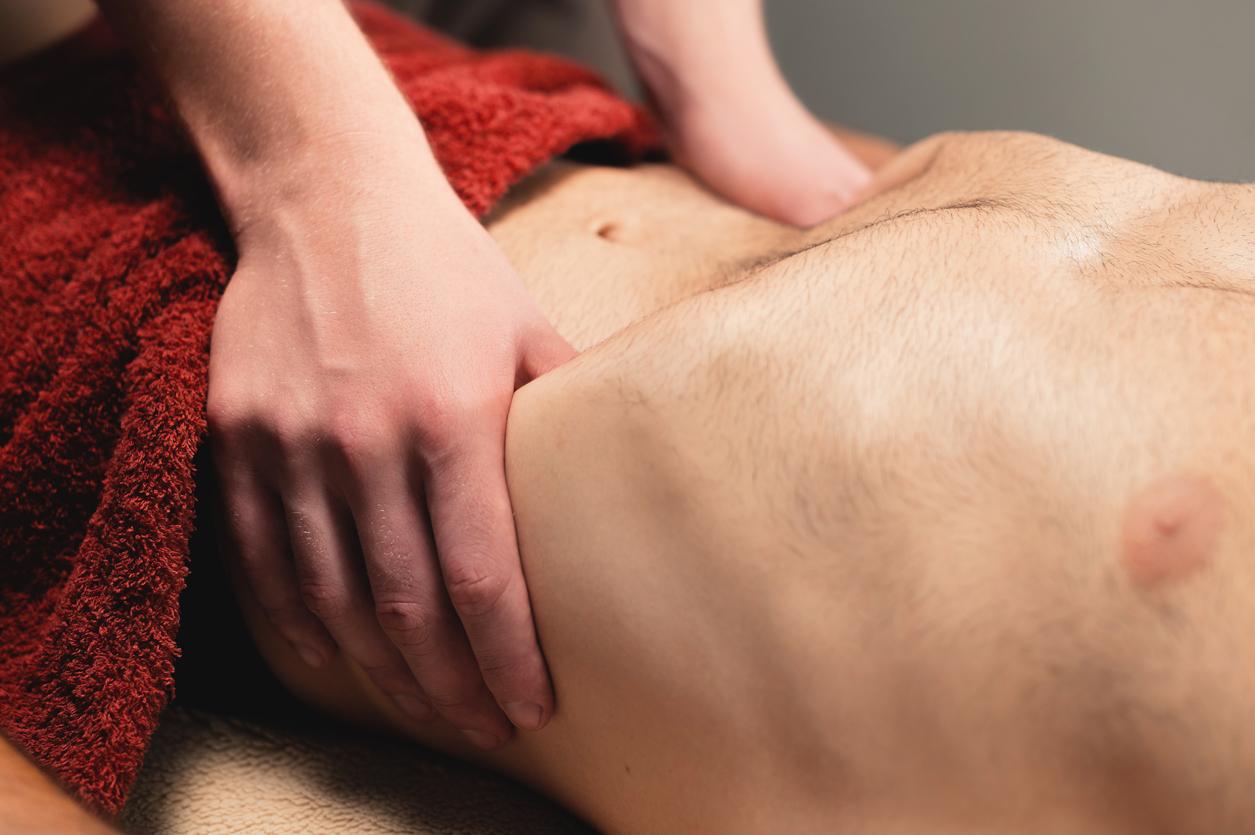
– Why Doctor: While for many people, the coronavirus is nothing more than a bad memory, for at least two million French people, this disease remains a daily nightmare. Indeed, these patients still have symptoms of Covid-19, which affect their quality of life, weeks, months, or even years after infection. What is the best care to help them improve their health and gradually return to normal life?
Johann Banon : As a reminder, long Covid creates a generalized inflammation of the body, which completely disrupts the different systems, namely respiratory, neurological and muscular. Therefore, gestures or activities that are easy for us will become a constraint for patients. As part of the 18-day long Covid program at the Thermal Baths, we have noted that the most common symptoms in patients are severe fatigue, sleep disorders, a dip in energy during the day, a lack of energy and a loss of concentration. They will also have respiratory problems. In some people, the coronavirus has brought out old disorders, such as those of the hip for one of the spa guests.
Thus, for the management of the after-effects of Covid-19 to be effective, it must be multidisciplinary, but above all personalized and individualized in order to help patients understand their limits and live as well as possible with their illness. At the beginning of the treatment, adults meet several specialists whose skills are complementary, such as an ENT thermal doctor, a psychologist, an APA (adapted physical activity) teacher, a sophrologist, a dietician, a dermatologist, and a team of physiotherapists and osteopaths, of which I am a part. From this interview, a thermal treatment program and respiratory physiotherapy and exercise retraining sessions will be established according to their problems. At the end of the program, a shared assessment is made to define the post-treatment objectives.
– As a physiotherapist-osteopath, what is your role in the management of long Covid?
In physiotherapy, we will take care of three symptoms: fatigue and rehabilitation to effort, respiratory disorders not related to physical activity, as well as pain that can be diffuse or specific and punctual. Clearly, in the context of this disease, this paramedical specialty allows you to recover your breath and readapt to effort.
Respiratory physiotherapy: it “promotes elasticity in the lungs and helps to clear the bronchial tubes”
– How do physiotherapy sessions take place?
During the first appointment, we have an interview to define the number of individual sessions. Once in a swimsuit, that is to say at the time of the treatments, we will start by looking at musculoskeletal pain, because these are often the disorders that patients complain about. We will do a massage under thermal water at 37°C, or body temperature, which flows over the thorax. In addition to promoting relaxation, there is proprioceptive work, that is to say, which relates to the sensitivity of the nervous system to information coming from the muscles, joints and bones.
Then, we finish with respiratory physiotherapy. This technique, carried out with specific manipulations, allows us to work on stiffness in the ribs, ligaments and pulmonary fibrosis. It promotes elasticity in the lungs and helps to clear the bronchi. Throughout life, it is essential for everyone to maintain their flexibility and gain lung volume as well as endurance. In the event of breathing problems, we can self-rehabilitate by cycling, for example. This is really important, because if we can breathe well, we will have better quality sleep.
Another crucial point in the treatment: spa guests are confronted with a climate change that is beneficial to the respiratory system. Indeed, physical activities in this mid-mountain environment ensure reoxygenation. At the end of the program, patients find comfort, which gives them energy and confidence in their body.
– How long do they last?
The patients’ fatigue must be taken into account, but they generally last 30 minutes.

“After the treatment, patients suffering from long Covid leave with tools”
– In what other cases is respiratory physiotherapy recommended?
Respiratory physiotherapy is recommended for chronic bronchitis, asthma, scoliosis, neurological problems (ALS, paralysis) or abdominal surgery. In pregnant women, it can be respiratory rehabilitation to help them use their diaphragm.
– Are there respiratory physiotherapy exercises that can be done at home?
After the treatment, patients suffering from long Covid leave with tools, because they have been well explained and shown respiratory physiotherapy. However, it is preferable that they are followed by a specialist so that the procedures are carried out safely.










